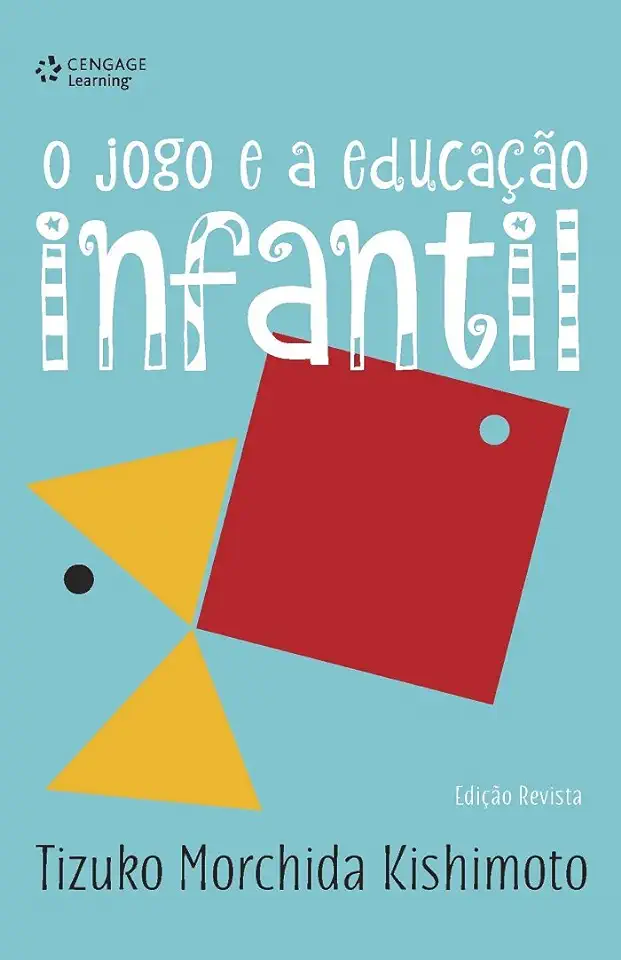
The Game and Early Childhood Education - Tizuko Morchida Kishimoto
The Game and Early Childhood Education: A Comprehensive Guide for Educators
Introduction
In today's fast-paced and demanding world, it is more important than ever to provide children with a strong foundation for their future success. Early childhood education plays a crucial role in shaping young minds and preparing them for the challenges they will face as they grow. One of the most effective ways to engage children and promote their holistic development is through play.
The Power of Play
Play is not merely a pastime for children; it is an essential part of their development. Through play, children learn about themselves, their surroundings, and how to interact with others. They develop their physical, cognitive, social, and emotional skills, all of which are vital for their overall well-being and future success.
The Game in Early Childhood Education
The game is a powerful tool that can be harnessed to enhance early childhood education. It provides a natural and enjoyable context for children to learn and grow. By engaging in games, children can develop their problem-solving skills, creativity, imagination, and teamwork abilities. They also learn to cooperate with others, manage their emotions, and cope with challenges.
Benefits of Play in Early Childhood Education
The benefits of play in early childhood education are numerous and well-documented. Play can:
- Enhance cognitive development by promoting problem-solving, creativity, and imagination.
- Foster social development by teaching children how to cooperate, communicate, and resolve conflicts.
- Promote emotional development by helping children to express their feelings, manage stress, and build self-confidence.
- Improve physical development by encouraging children to move, explore, and develop their gross and fine motor skills.
- Support language development by providing opportunities for children to practice speaking, listening, and understanding language.
Implementing Play in Early Childhood Education
To effectively incorporate play into early childhood education, educators need to create a supportive and stimulating environment that encourages children to explore, experiment, and learn through play. This can be achieved by:
- Providing a variety of play materials and resources that are safe, age-appropriate, and developmentally appropriate.
- Encouraging children to engage in different types of play, including active play, imaginative play, and social play.
- Allowing children to choose their own play activities and to set their own pace.
- Supporting children's play by observing, listening, and providing guidance when needed.
- Reflecting on children's play and using it as a tool for assessment and planning.
Conclusion
The game is a powerful tool that can be harnessed to enhance early childhood education. By providing children with opportunities to play, educators can help them develop the skills and knowledge they need to succeed in school and in life.
Call to Action
If you are an early childhood educator, I encourage you to embrace the power of play and incorporate it into your teaching practices. By doing so, you can make a positive impact on the lives of the children you teach and help them reach their full potential.
About the Author
Tizuko Morchida Kishimoto is a renowned expert in early childhood education and play. She has dedicated her career to researching and promoting the importance of play in children's development. Her book, The Game and Early Childhood Education, is a comprehensive guide for educators on how to use play to enhance learning and development in young children.